new to the gluten free journey?
new to the gluten free journey?
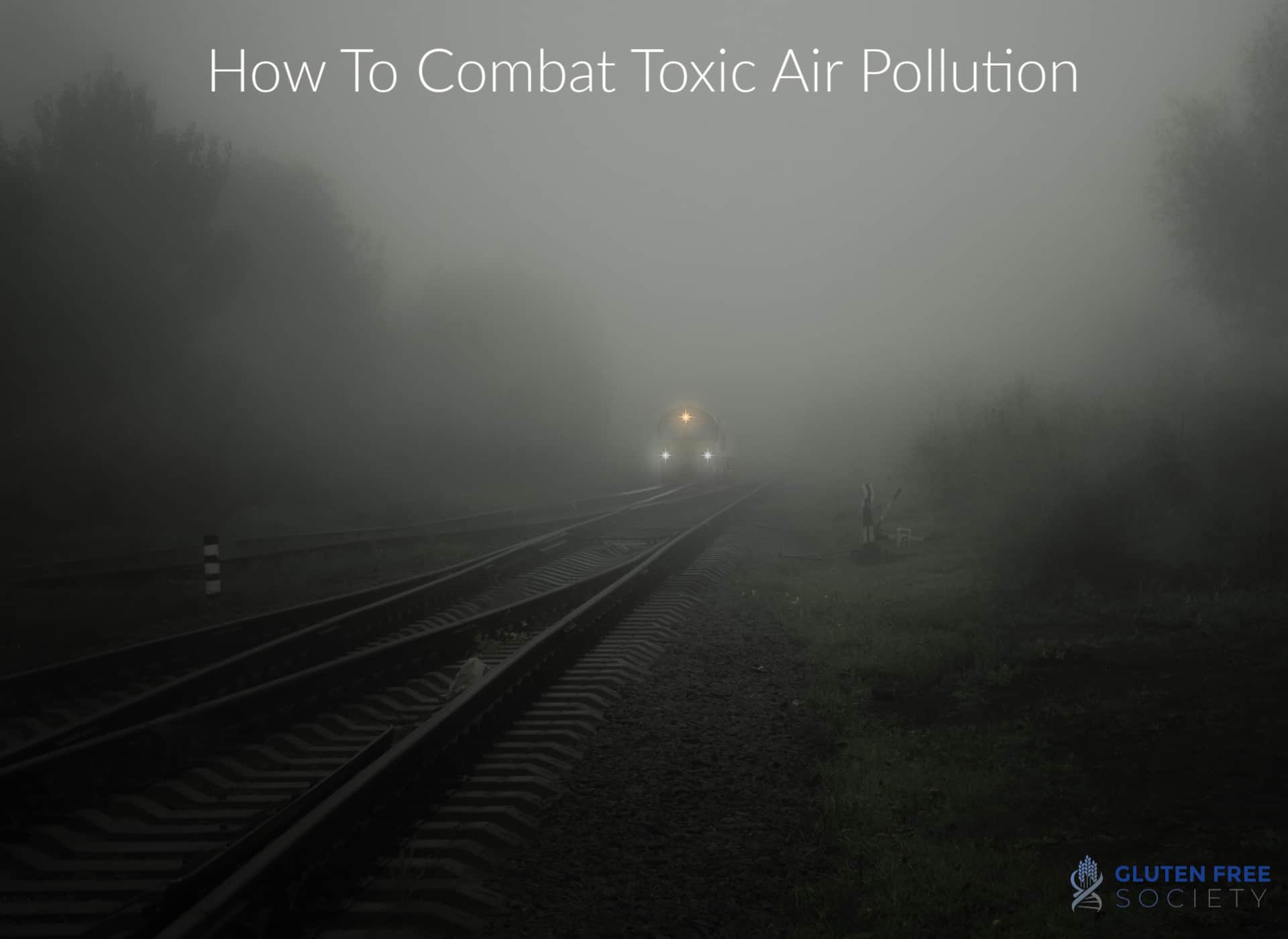
Contents
Toggle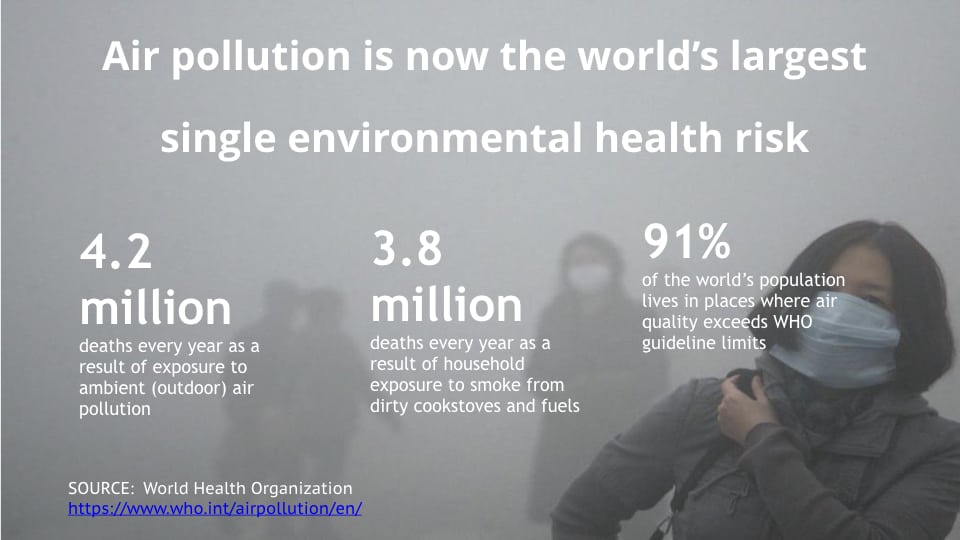 Before diving into how to protect oneself from toxic air pollution, it’s important to understand why clean air is critical for the body. The main need for clean air is that it provides oxygen to the body which drives molecular mechanisms producing energy. This process is called oxidative phosphorylation and it helps to heal, repair, and maintain the body.
Oxygen feeds every organ of the body including the brain, muscles, heart, spleen, liver, and kidneys. On average, a person will breathe in 11,000 liters of air a day. Unfortunately, this will likely contain several harmful chemicals.
Before diving into how to protect oneself from toxic air pollution, it’s important to understand why clean air is critical for the body. The main need for clean air is that it provides oxygen to the body which drives molecular mechanisms producing energy. This process is called oxidative phosphorylation and it helps to heal, repair, and maintain the body.
Oxygen feeds every organ of the body including the brain, muscles, heart, spleen, liver, and kidneys. On average, a person will breathe in 11,000 liters of air a day. Unfortunately, this will likely contain several harmful chemicals.
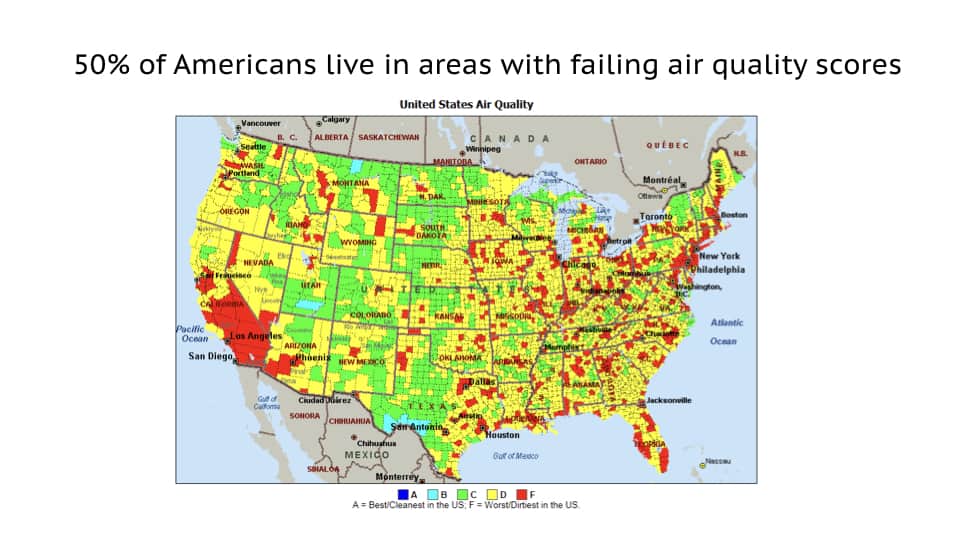 While the data shows that pretty much everyone is at risk of harmful exposure to pollution, some have elevated risks due to where they live. This can include those living in a major city, those near major freeways and thoroughfares (due to car exhaust), and those who regularly must deal with forest fires (specifically California). Unfortunately, most standard air filters are unable to trap ultra-fine particles like those found in these toxins, like smoke, gases, methane, and benzene.
While the data shows that pretty much everyone is at risk of harmful exposure to pollution, some have elevated risks due to where they live. This can include those living in a major city, those near major freeways and thoroughfares (due to car exhaust), and those who regularly must deal with forest fires (specifically California). Unfortunately, most standard air filters are unable to trap ultra-fine particles like those found in these toxins, like smoke, gases, methane, and benzene.
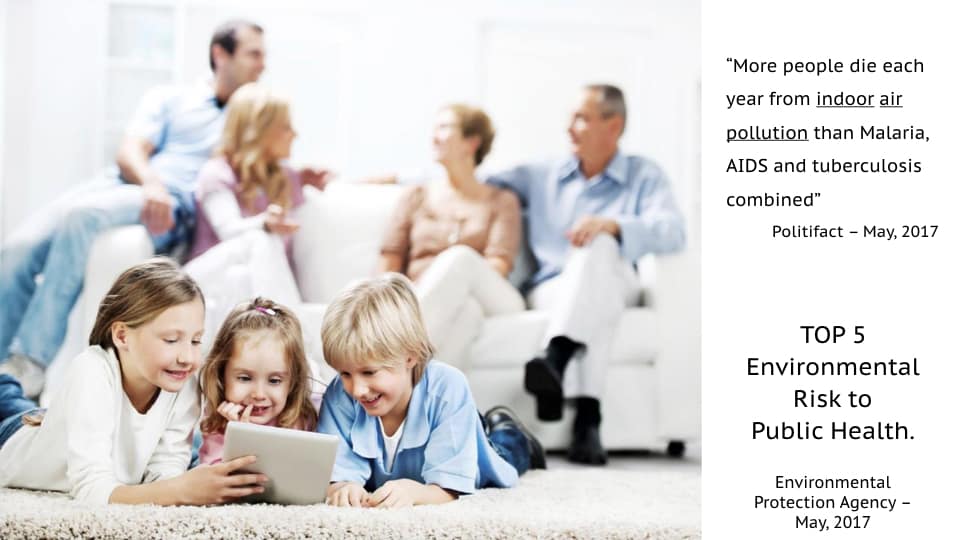 While most people may think of pollution as the toxins they come into contact with outside, inside of the home actually tends to be even more dangerous. This is because the toxins are contained in a smaller space and are therefore more concentrated than those on the outside. When homes are new with tight seals around the house, specifically windows and doors, these are especially dangerous for pollution.
Additionally, certain AC units will circulate air already in the home rather than bringing it in from the outside, causing a greater concentration as well. So where are these toxins coming from? The following are just some of the sources of chemicals infiltrating what individuals are breathing in every day:
While most people may think of pollution as the toxins they come into contact with outside, inside of the home actually tends to be even more dangerous. This is because the toxins are contained in a smaller space and are therefore more concentrated than those on the outside. When homes are new with tight seals around the house, specifically windows and doors, these are especially dangerous for pollution.
Additionally, certain AC units will circulate air already in the home rather than bringing it in from the outside, causing a greater concentration as well. So where are these toxins coming from? The following are just some of the sources of chemicals infiltrating what individuals are breathing in every day:
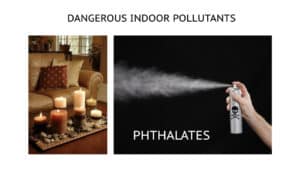
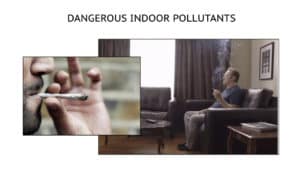
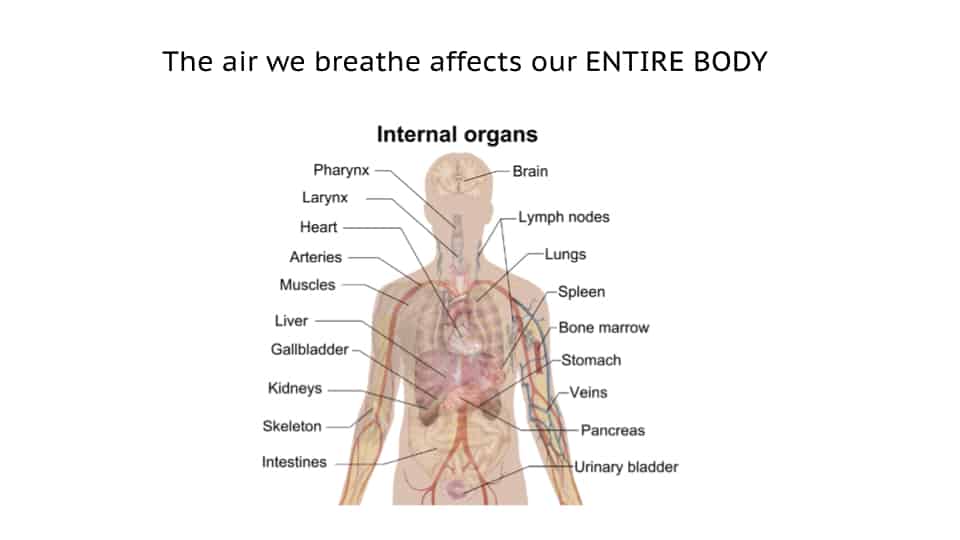 As previously mentioned, chemicals, toxins, and pollution typically can’t be seen, making many people feel that it’s not a threat to their health. However, not taking steps to minimize the toxins being breathed in on a regular basis can have catastrophic effects on the body. These include:
As previously mentioned, chemicals, toxins, and pollution typically can’t be seen, making many people feel that it’s not a threat to their health. However, not taking steps to minimize the toxins being breathed in on a regular basis can have catastrophic effects on the body. These include:
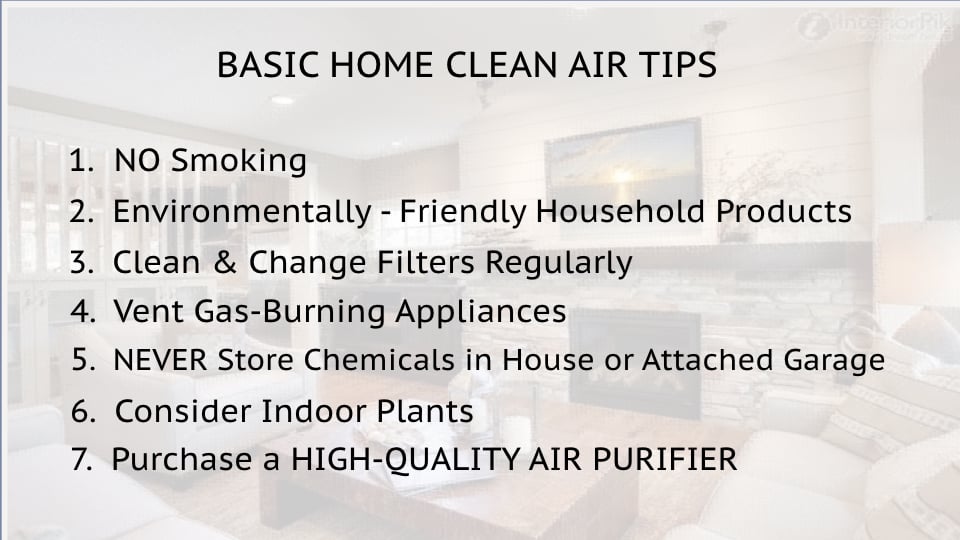 Unfortunately, in this day and age, pollutants are not going to be eliminated any time soon. Therefore, it’s important to learn steps to minimize their existence at work, home, and even in the car.
Some steps that can help do so include:
Unfortunately, in this day and age, pollutants are not going to be eliminated any time soon. Therefore, it’s important to learn steps to minimize their existence at work, home, and even in the car.
Some steps that can help do so include:
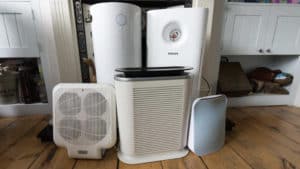
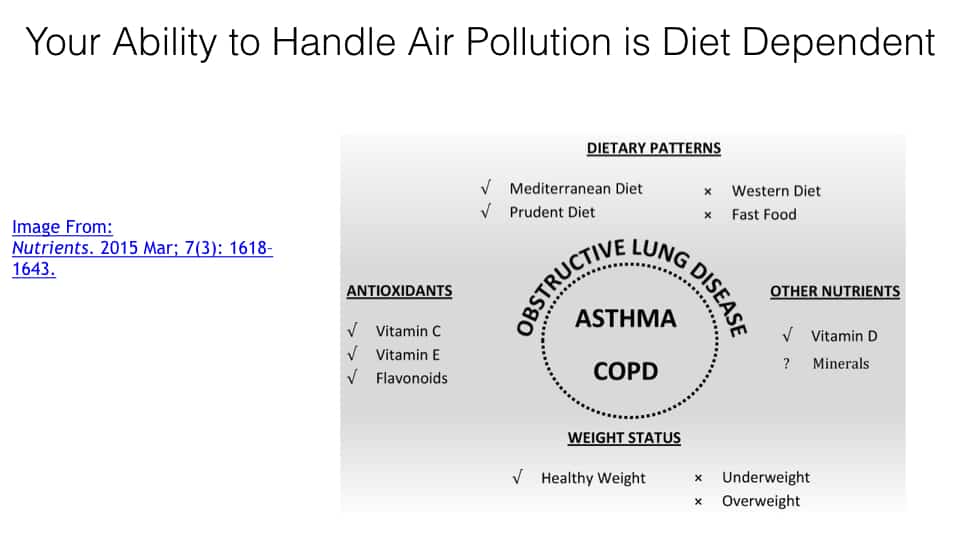 Since pollution cannot be eliminated completely, it’s important for individuals to do what they can to maintain proper health in order for their bodies to rid themselves of these toxins. Poor food choices affect the immune system and over utilizes resources, therefore, allowing the body to not handle these harmful chemicals well. Processed foods already contain toxins, so combining those with air toxins can overload the body and can result in detrimental effects.
Fortunately, even though air quality can’t be 100% controlled, the diet can be. This means that changing the diet, ingesting more whole, clean foods can make an individual more tolerable to poor air quality because the body will have the antioxidant power needed to detoxify.
Since pollution cannot be eliminated completely, it’s important for individuals to do what they can to maintain proper health in order for their bodies to rid themselves of these toxins. Poor food choices affect the immune system and over utilizes resources, therefore, allowing the body to not handle these harmful chemicals well. Processed foods already contain toxins, so combining those with air toxins can overload the body and can result in detrimental effects.
Fortunately, even though air quality can’t be 100% controlled, the diet can be. This means that changing the diet, ingesting more whole, clean foods can make an individual more tolerable to poor air quality because the body will have the antioxidant power needed to detoxify.
 While the subject of air pollution may seem quite overwhelming, especially since there is no direct solution, there are steps that can be taken to eliminate it from your life. Start with making one change and as that becomes habit make another change. While you may not notice a drastic physical improvement, these small changes will improve the health of you and your family in the long run.
While the subject of air pollution may seem quite overwhelming, especially since there is no direct solution, there are steps that can be taken to eliminate it from your life. Start with making one change and as that becomes habit make another change. While you may not notice a drastic physical improvement, these small changes will improve the health of you and your family in the long run.
Stay up-to-date with the latest articles, tips, recipes and more.

*These statements have not been evaluated by the Food and Drug Administration. This product is not intended to diagnose, treat, cure or prevent any disease.
If you are pregnant, nursing, taking medication, or have a medical condition, consult your physician before using this product.
The entire contents of this website are based upon the opinions of Peter Osborne, unless otherwise noted. Individual articles are based upon the opinions of the respective author, who retains copyright as marked. The information on this website is not intended to replace a one-on-one relationship with a qualified health care professional and is not intended as medical advice. It is intended as a sharing of knowledge and information from the research and experience of Peter Osborne and his community. Peter Osborne encourages you to make your own health care decisions based upon your research and in partnership with a qualified health care professional.